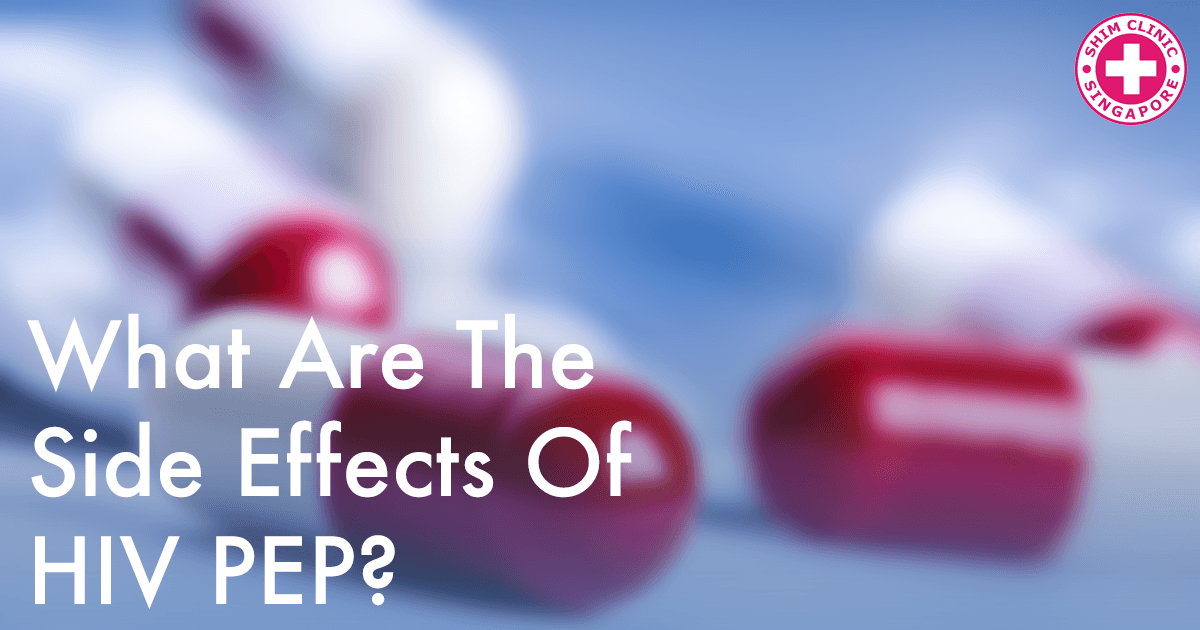HIV Post-exposure prophylaxis (PEP) or emergency HIV treatment as is also referred to as, is a drug given to people that have been exposed to HIV infection within 72 hours to prevent contraction of the infection. It stops the exposure to HIV from becoming a life-long infection.
Only a specific group of individuals can be given PEP by a doctor or healthcare provider and they include:
- People that have been exposed to HIV for not more than 72 hours
- People that are not yet living with HIV
- A person whose mucous membrane ( eyes, mouth, vagina, rectum) has had direct contact with another person’s which might be infectious
- The cause of exposure is already infected with HIV or the person does not know his/her HIV status
HIV PEP Side Effects
Every treatment has its side effects and HIV PEP is no different. Any person starting HIV PEP should be given the same information as a person starting HIV treatment as the possible side effects are similar. They may vary from one individual to another but the most common include:
- Nausea
- Vomiting
- Diarrhoea
- Headaches
- Fatigue
These side effects usually reduce after the first or second week. Most are usually mild but in the event that they become severe, other drugs may be given to reduce them or a different treatment may be recommended.
Key Things To Keep In Mind As You Take On HIV PEP Treatment
Stay Healthy
PEP drugs are known to be hard on the immune system. The HIV infection attacks the human body’s immune system. As you are on emergency treatment, you need to get enough sleep and eat right for your body to be able to fight the infection.
Strictly Stick to the Doctor’s Instructions
PEP treatment needs to be taken at the same time for a number of specific days at different times. Make sure you follow your doctor’s instructions. In the event that the side effects become severe, contact your doctor first before considering stopping the treatment. Remember, HIV PEP is only effective if taken as instructed.
Try to Avoid Missing a Dose
When the emergency treatment fails, it is mostly attributed to missed doses. In case you miss a dose, take it as soon as you remember. Avoid waiting for the next planned dose in order for you to double up. These drugs are hard on the body and therefore, patients are advised to take the required dose at the required time.
The emergency treatment will need to be monitored when taken under the following circumstances:
During a Pregnancy
Specific PEP drugs can be used when the patient is pregnant while others cannot. Contact a doctor or a health practitioner for him/her to guide you on which drugs are most suitable for you.
During Breastfeeding
PEP can be taken during breastfeeding as it reduces the chances of mother to child transmission of the HIV infection. However, you may need the guidance of your doctor on the breastfeeding guidelines.
After Sexual Assault
Victims of sexual assault should seek medical attention as soon as they can in order to beat the 72-hour deadline. It is at this point that the victim will be given HIV PEP as well as treatment for any sexually transmitted diseases and emergency contraception to prevent unexpected pregnancies.
Lastly, you should get a HIV test at the 3rd and 6th month after potential exposure if you are on HIV PEP.

